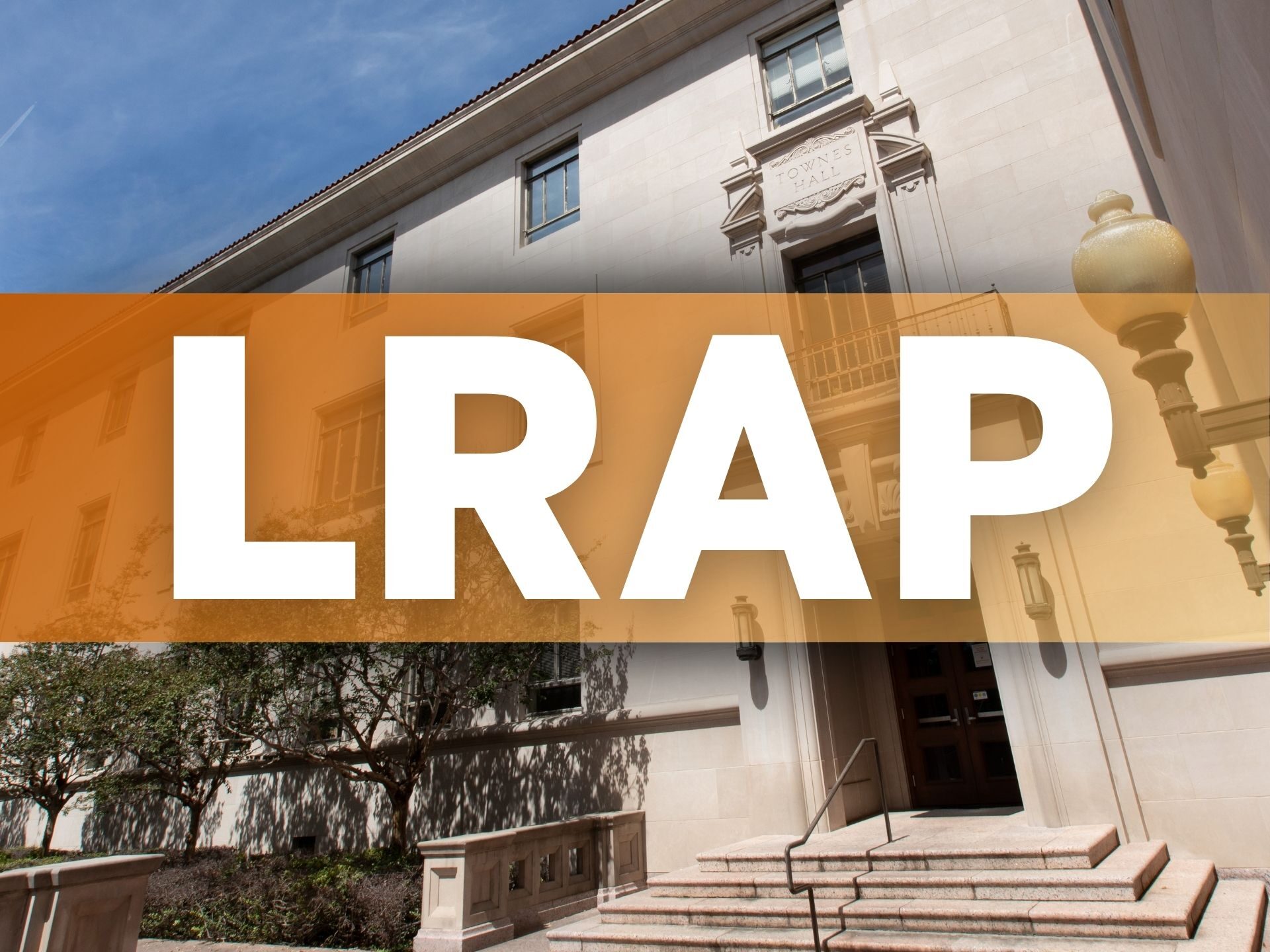
Graduates who pursue a career in public service will now receive even greater financial support from Texas Law.
The school has announced an increase to the benchmarks used in its Loan Repayment Assistance Program. By providing additional grants to offset student loan paybacks, the change will benefit even more current and future students who would like to choose a career in public service but face financial barriers created by student loan debt.
Dean Bobby Chesney disclosed the new benchmarks in two addresses earlier this month, one at the annual Excellence in Public Interest Awards, a ceremony recognizing students and other community members for their service-minded work throughout the school year, and one at Admitted Students Days, a two-day visit to Austin and the Texas Law campus for students considering enrolling in Texas Law’s class of 2027.
“Increasing LRAP’s income thresholds is a recognition that Texas Law remains steadfast to our mission and commitment to support students pursuing legal careers in public service,” says Mathiew Le, assistant dean of admissions and financial aid.
Increasing LRAP’s income thresholds is a recognition that Texas Law remains steadfast to our mission and commitment to support students pursuing legal careers in public service.
Mathiew Le, assistant dean of admissions and financial aid
LRAP benchmarks have been reestablished with a $75,000 floor and $120,000 ceiling for annual salaries, up from a prior $60,000 floor and $80,000 ceiling. The LRAP is available to Juris Doctor graduates who take on full-time, law-related work with qualified public service employers.
“This expansion of LRAP will make public service work more accessible to all Texas Law graduates, including those with student loans,” says Professor Nicole Simmons, director of the William Wayne Justice Center for Public Interest Law. “It’s an exciting development for the law school’s public interest community.”
Current students cheered the announcement. “With these changes to LRAP, I will not have to worry about my loan payments for the first few years of my work as a new public defender,” says 3L Courtney Weber, who after graduation will work as a criminal defense attorney with the Bronx Defenders in New York City. “I could not be more grateful for this peace of mind, as it means that I will be able to focus more on my clients and really put into practice the client-centered approach I’ve been taught to embrace at UT.”
Qualifying public service employers are 501(c)(3) organizations, government agencies, public defenders, the U.S. military, or organizations located outside the U.S. that are equivalent to a 501(c)(3) organization. Academic positions at nonprofit educational institutions may qualify provided the positions are law related.
Texas Law alums who are or have benefitted from LRAP include staff attorneys and public defenders at the nonprofit Refugee and Immigrant Center for Education and Legal Services, Texas RioGrande Legal Aid, the Philadelphia District Attorney’s Office, the New Jersey Office of the Public Defender, Charlotte Center for Legal Advocacy, Disability Rights Texas, the Colorado State Public Defender, and the American Constitution Society.
“Texas Law’s LRAP program was extremely beneficial to my early legal career,” says Kiah DeBolt ’19, an attorney with Disability Rights Texas. “Without it, I would not have been able to fully realize my dream of a career in public interest law.”
Without it, I would not have been able to fully realize my dream of a career in public interest law.
Kiah DeBolt ’19
“LRAP significantly eased the financial burden of starting out as a new lawyer in a public interest position. I was able to choose my dream job in part because I knew that I had the support of Texas Law’s LRAP program,” says Marissa Neill ’20, an assistant public defender with the parental defense division of the Maryland Office of the Public Defender.
The LRAP increase follows previous new funding for summer and post-graduate fellowships in public service work announced in April 2023.
It’s all proof of the high value Texas Law places on working for the good of society.
“Since its inception, Texas Law’s Loan Repayment Assistance Program has assisted many graduates who are doing the most challenging legal work, often in difficult circumstances, and for communities that are frequently marginalized,” Le says. “Increasing the program’s income thresholds expands the law school’s ability to support many more graduates to remain committed to this critical work.”
